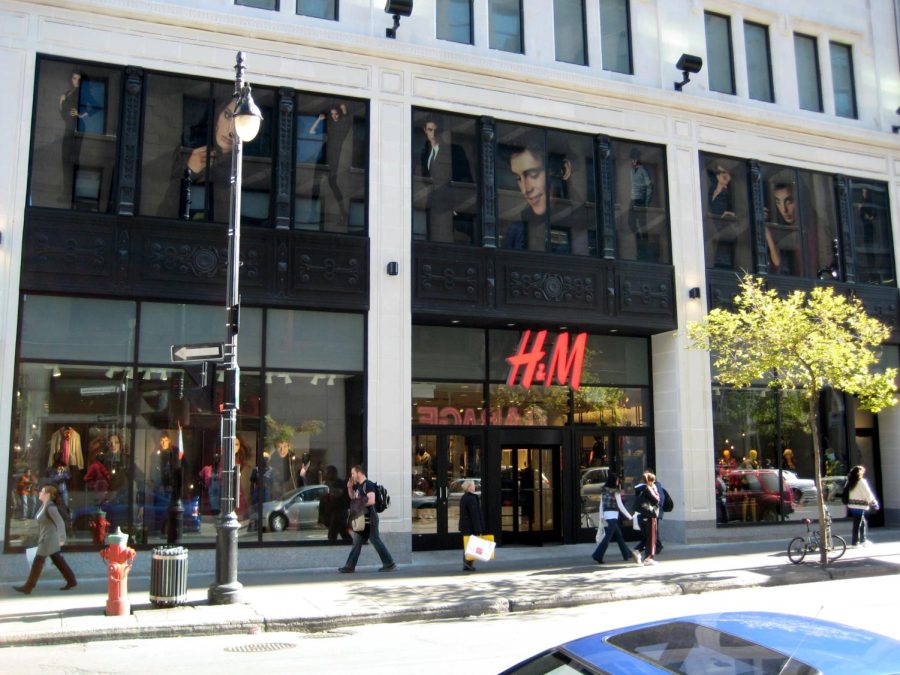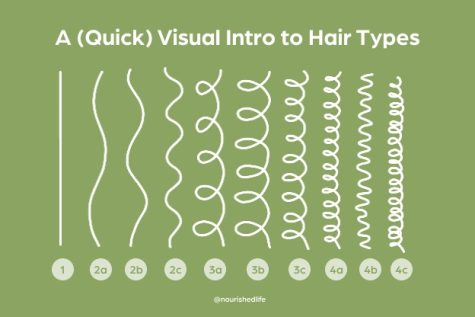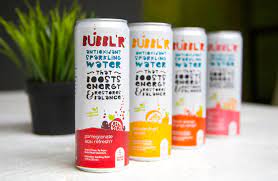No, Fast Fashion isn’t that serious.
November 15, 2022
A growing number of consumers would argue that fast fashion is an onset of mass production that causes serious problems like environmental damage, unsafe working conditions, and textile waste which are deemed as undesirable outcomes. As a solution towards fast-fashion, these consumers advocate for second-hand shopping as an “ethical” replacement for purchasing from brands like H&M, Shein and Uniqlo. However, is this a plausible solution? As the issue of fast-fashion presents itself as an economic issue, we should use economic analysis to truly understand it.
One of the main ways our economy experiences growth is through the purchasing of new items and increase of purchasing power. Fast-fashion bolsters this growth by promoting consumers to buy more items when trendy clothes are sold. In other words, consumers can and should be able to buy what they want.
Arguing that this process is “unethical” is not only anti-economics but also anti-free trade. Economics is an objective study. Without jumping into philosophy or politics, one cannot make the distinction between various transactions as being “ethical” or “unethical.” They’re simply just exchanges which affect supply and demand. However, to entertain the idea of using politics with economics, let’s examine the importance of free-trade in the American economy.
Historically, getting rid of free-trade on the basis of ethicality has been disastrous for America. When politicians believed that there was a “national duty” in prohibiting the sale of alcohol, even more alcohol was sold along with new gang-violence in urban areas like Chicago. We can analyze the same result during the War on Drugs campaign that led to ruinous effects such as mass-incarceration of minorities. While the current rhetoric about fast-fashion isn’t advocating for such measures as of now, dividing consumer spending as “ethical” or “unethical” doesn’t allow people to do what they want with their own money.
This brings me to my next point which is that there is no value in feeling guilt or responsibility over workers who end up working at these factories. At most, allowing these issues to settle themselves creates more long-run change as evidenced by last year’s historic moment for worker unions in America. Back in late 2021, Chris Smalls worked in poor conditions at one of Amazon’s factories and was fired for planning a labor strike. This motivated him enough to become the president of Amazon Labor Unions and garnered support from more than 50 factories around the world. Smalls established higher wages, better working conditions, and Amazon’s first ever union in history. This wasn’t the outcome of government intervention or virtue signaling by consumers but simply workers who voluntarily wanted change.
Given that such an event took place during the pandemic when Amazon was seeing its most hefty amounts of profit, I’m sure the same thing can happen in these fast-fashion factories abroad. It’s plausible that when labor unions are formed in these factories, companies would be provoked to slow down production due to added expenses of higher wages and better work environments. Slowing down production would then lead to decreased textile waste and pollution, fixing the environmental issue that we see today.
On a final note, live life how you want to live it. Not by some ethical equation that’s unacademic and purely uncredited. For me personally, I could care less if a piece of clothing came from second-hand shopping or fast-fashion as long as I find it cool and in my price range, I would buy it. As the wise saying once put it: Just let people enjoy things.










